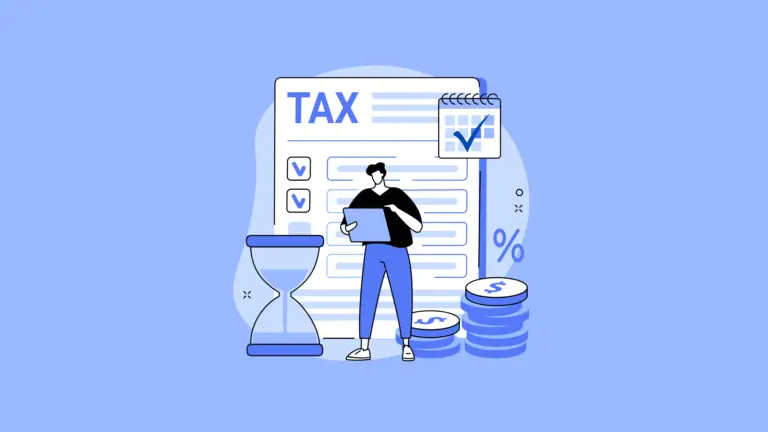
Personal Income Tax Basics: Everything You Need to Know
Rain Huang
February 15, 2025
Hey Siri: What is 'personal income tax'
Personal income tax is a fundamental part of the U.S. tax system, affecting nearly every working American. At its core, it’s a percentage of your earnings that you pay to the government to fund public services, infrastructure, and various federal programs. However, understanding how it works can help you better manage your finances and potentially save money.
Let us dive in and explain the nitty gritty parts of Personal Income Tax!
Key Components of Personal Income Tax
1. Taxable Income
Not all money you receive is taxable. Your taxable income includes:
- Wages and salaries from employment
- Tips and bonuses
- Investment income (dividends, interest, capital gains)
- Rental income
- Some Social Security benefits
- Self-employment income
However, certain types of income are generally not taxable, such as:
- Life insurance proceeds
- Most inheritances
- Municipal bond interest
- Some scholarships
- Certain employee benefits
2. Tax Brackets and Progressive Taxation
The U.S. uses a progressive tax system, meaning higher incomes are taxed at higher rates. Your income is divided into “brackets,” each taxed at a different rate. It’s crucial to understand that moving into a higher tax bracket doesn’t mean all your income is taxed at that higher rate – only the portion within that bracket.
3. Deductions and Credits
Two powerful tools can help reduce your tax burden:
Standard vs. Itemized Deductions
- The standard deduction is a flat amount that reduces your taxable income
- Itemized deductions include mortgage interest, charitable donations, and state and local taxes
- Choose whichever gives you the larger deduction
Tax Credits These directly reduce your tax bill, dollar for dollar. Common credits include:
- Child Tax Credit
- Earned Income Tax Credit
- American Opportunity Credit (education)
- Retirement Savings Contributions Credit


Smart Tax Planning Strategies
- Maximize Retirement Contributions
- Contributing to traditional IRAs and 401(k)s reduces your taxable income
- Consider both traditional and Roth options based on your current and expected future tax brackets
- Time Your Income and Deductions
- If possible, time large deductible expenses for years when you’re in a higher tax bracket
- Consider bunching deductions in alternate years to exceed the standard deduction threshold
- Keep Thorough Records
- Maintain organized records of income, expenses, and potential deductions
- Save receipts for charitable donations, business expenses, and other deductible items
- Document any significant financial transactions that might affect your taxes
- Consider Tax-Efficient Investments
- Hold tax-efficient investments in taxable accounts
- Keep high-yield investments in tax-advantaged accounts
- Consider municipal bonds for tax-free interest income
Common Mistakes to Avoid
- Missing Deadlines
- Filing late can result in penalties and interest
- Set reminders for quarterly estimated tax payments if required
- Overlooking Deductions and Credits
- Research available tax breaks
- Consider consulting a tax professional for complex situations
- Poor Record Keeping
- Maintain organized files throughout the year
- Keep records for at least three years after filing
When to Seek Professional Help
Consider working with a tax professional if you:
- Have significant changes in income or life circumstances
- Start or own a business
- Receive inheritance or large gifts
- Have complex investments
- Experience major life changes (marriage, divorce, children)
Final Thoughts
Understanding personal income tax isn’t just about compliance – it’s about making informed financial decisions throughout the year. By staying informed and planning ahead, you can better manage your tax obligations and potentially keep more of your hard-earned money.
Remember to regularly review tax law changes and consult with qualified professionals for specific advice about your situation. Tax planning should be an ongoing process, not just a yearly event.
This article is for informational purposes only and should not be considered legal or tax advice. Always consult with qualified tax professionals for guidance on your specific situation.
